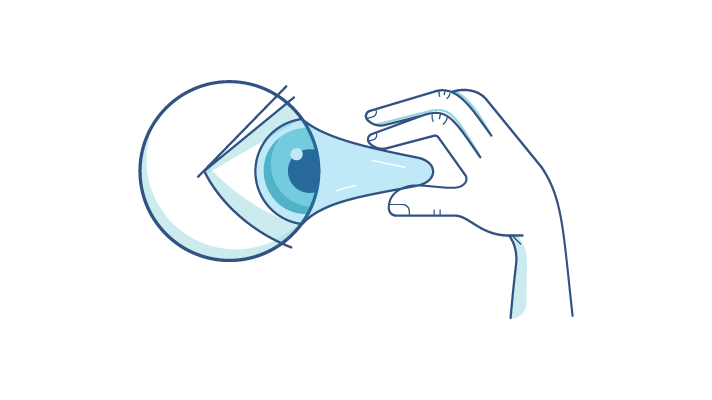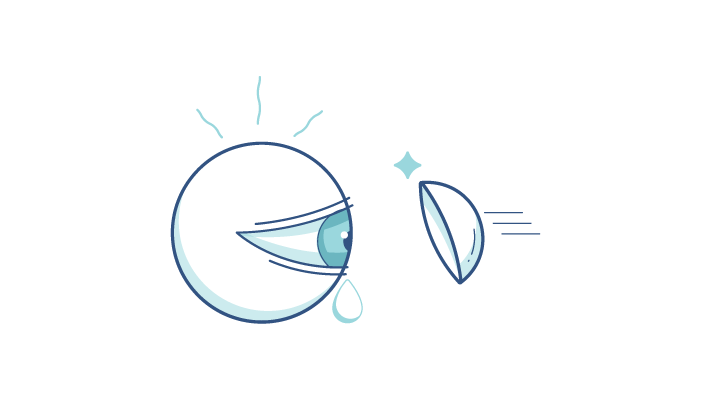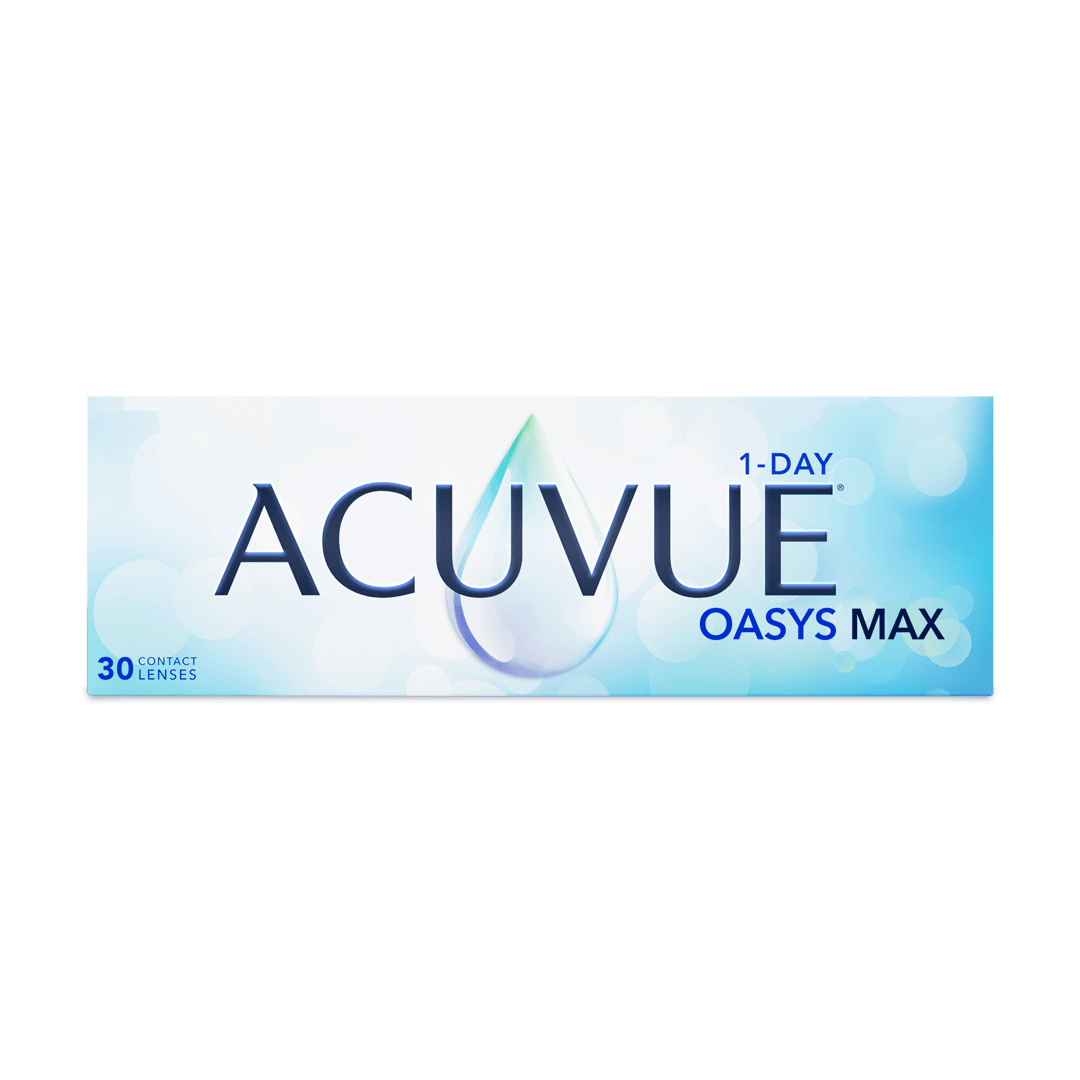Getting to the bottom of contact lens myths
There are a few common misconceptions about contact lenses that keep some people from giving them a try. We'll help you separate fact from fiction so that you can relax and enjoy all the ways contacts can improve your life.
Myths about how contact lenses can affect your eyes

Myth: Contacts can get stuck to your eyes

Myth: Eye infections are common when wearing contacts
More myths about contact lenses

Myth: Your eyes need a day off of contacts
Myth: Contacts can't correct for astigmatism
Astigmatism is no longer a barrier to wearing contact lenses. ACUVUE offers several contact lenses that correct for astigmatism.
Myths about who can wear contact lenses

Myth: Contacts are not for
part-time wearing
Other frequently asked questions
Footnotes
Important information for contact lens wearers: ACUVUE Contact Lenses are available by prescription only for vision correction. An eye care professional will determine whether contact lenses are right for you. Although rare, serious eye problems can develop while wearing contact lenses. To help avoid these problems, follow the wear and replacement schedule and the lens care instructions provided by your eye doctor. Do not wear contact lenses if you have an eye infection, or experience eye discomfort, excessive tearing, vision changes, redness or other eye problems. If one of these conditions occurs, remove the lens and contact your eye doctor immediately. For more information on proper wear, care and safety, talk to your eye care professional, call 1-800-843-2020, or download the Patient Instruction Guides.




